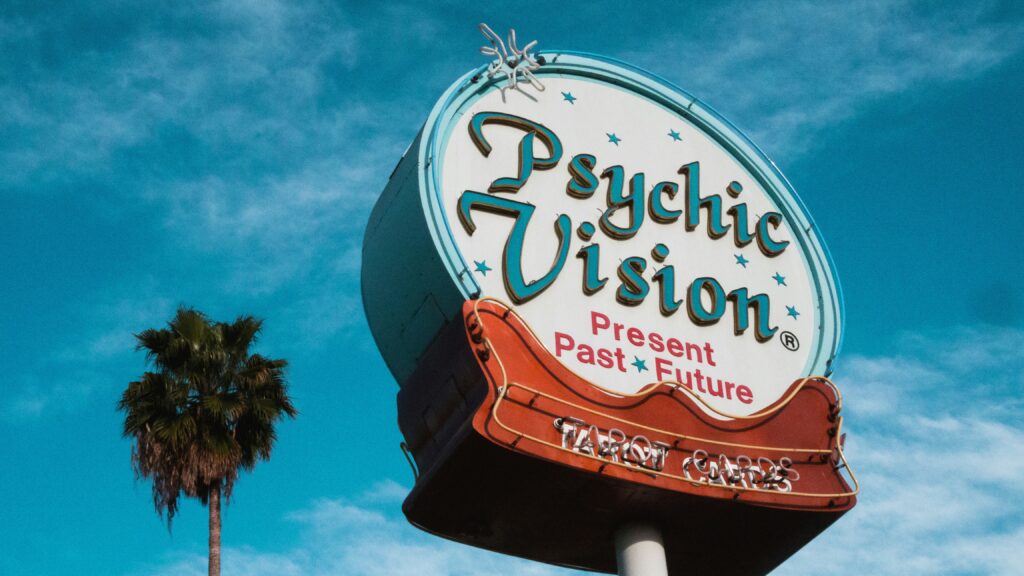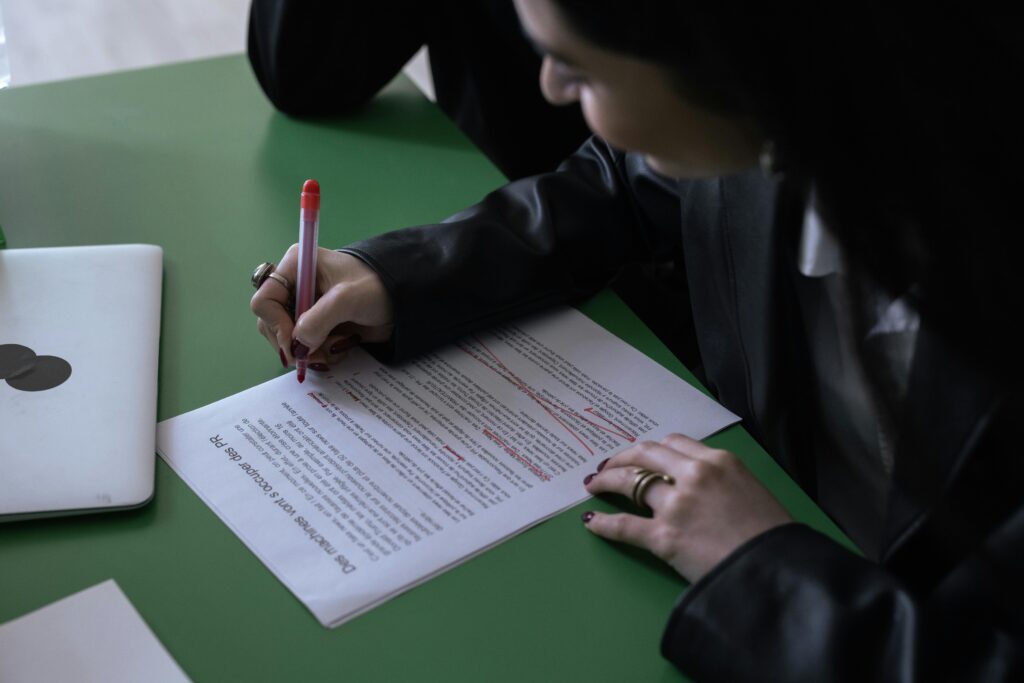Memoir
What is Freewriting? + Prompts to Elevate Your Writing Process
If you’re trying to write but can’t get the words flowing, freewriting can jumpstart the writing process. Freewriting is a no-pressure method of simply getting words on the page: similar…
Read MoreBest Online Writing Communities: How to Find Your Writers Group
The best online writing communities connect you to the literary world at large, supporting your craft and creativity while helping your voice be heard. At the same time, the internet…
Read MoreFlash Nonfiction: The Craft of Tiny Truths
Flash nonfiction is an emerging literary genre that combines the concision of flash fiction with the truth-seeking qualities of creative nonfiction. By using as few words as possible to strike…
Read MoreMemoir Vs Autobiography Vs Biography: The Craft of Nonfiction Books
What is the difference between a memoir vs autobiography vs biography? These three categories of nonfiction describe different approaches to telling your life’s story. But while these books all sit…
Read MoreInterview: Barbara Henning on “Girlfriend” and the Craft of Poetic Memoir
[Photo: Barbara Henning (right) with poet Maureen Owen (left)] Our selves are collages of the people that impact us; we are products of every person we have met. To put…
Read MoreWhat Else? – How Research Makes Meaning
Since all the essays in my new collection, Shelter and Storm: At Home in the Driftless, incorporate facts I learned from asking experts, reading scholarly works, or rooting around in…
Read MoreTruth in Possibility: Writing Speculative Nonfiction
Speculative nonfiction is an emerging genre of literature that empowers writers to incorporate imagination, wondering, and non-shared realities into works of creative nonfiction. By writing into the realm of possibility,…
Read MoreLiterary Motifs: What is a Motif in Literature?
When a work of literature employs an image or idea in repetition, that image or idea might be a motif. Literary motifs describe noteworthy repetitions whose presence in the work…
Read MoreYou Finished Your First Draft—Now What? A Step-by-Step Guide to Your Novel’s Next Chapter
Congratulations! You’ve crossed the finish line of your first draft—an accomplishment many dream of, but few achieve. I hope you are beaming with pride, but after the adrenaline fades, you…
Read MoreWellness Journaling: How to Journal for Wellness
Keeping a wellness journal allows us to monitor our health in a way that’s both freeing and healing. Traditionally, journaling is a way to keep a written record of our…
Read More









